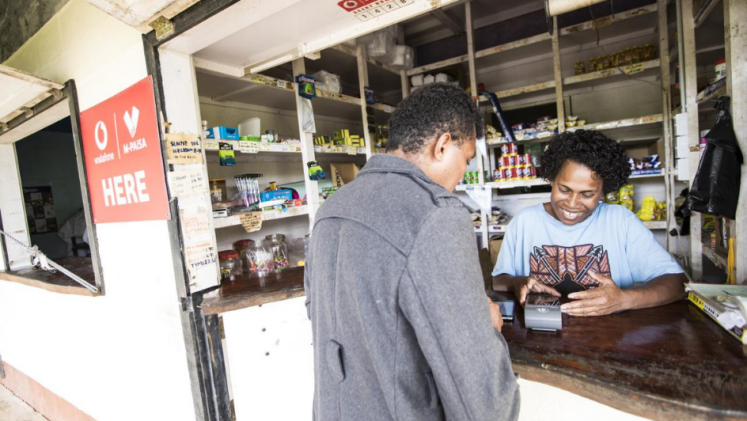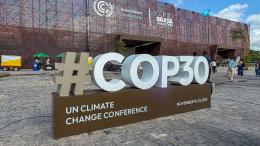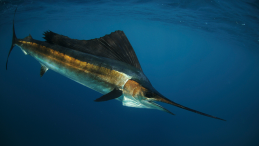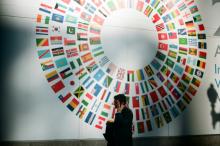Micro, small, and medium-sized enterprises (MSMEs) play an essential role in the economies of Pacific Small Island Developing States' economies. In Fiji for example, MSMEs provide around 60 per cent of employment across all sectors. For economic stability, it is key that these businesses have adequate access to disaster risk finance services such as insurance coverage.
MSMEs provide livelihood opportunities to Fiji’s population
MSMEs serve as the backbone of economic growth and development as they account for a significant portion of the country's employment. They also contribute to the diversity of the economy, producing many goods and services that meet local market needs. Additionally, MSMEs play an important role in the development of Fiji’s rural and remote areas, providing employment opportunities and stimulating local economic activity.
MSMEs in Fiji are threatened by climate change impacts
Fiji's agriculture and fisheries industries and MSMEs are particularly vulnerable to damage caused by events such as tropical cyclones, storm surges and droughts. Due to climate change, the frequency and severity of natural disasters in the South Pacific region accelerate, causing increased disruptions in economic and social progress. Other natural hazards like volcanic eruptions, earthquakes and tsunamis contribute to fiscal vulnerability associated with disaster risks.
Savings do not suffice as a sole financial disaster risk management strategy
Savings are an accessible financial instrument for MSMEs in Fiji. However, they are not perceived as a suitable tool to manage climate and extreme weather-related risks. Only a little more than half of the MSMEs indicated that they had saved up money designated to rebuild after an extreme weather event.
There is a lack of insurance products on the market tailored to the needs of MSMEs
MSMEs typically have limited financial resources compared to larger businesses. Thus, insurance companies might underestimate their capacity and willingness to pay for insurance coverage. Hence, the insurance sector is less interested in developing products that would meet the specific needs of MSMEs. As a result, many MSMEs are left without adequate insurance protection, leaving them vulnerable to financial losses.
Climate Risk Insurance can improve the financial preparedness of MSMEs in the Pacific
Owners of MSMEs have shown their interest towards insurance products. Climate risk insurance can improve financial preparedness in several ways. One of those ways is that it protects MSMEs against financial losses caused by natural disasters, which helps with a quicker recovery and less operational disruptions in the event of a catastrophe. Another is that climate risk insurance coverage facilitates access to financing from banks and other lending institutions, as the MSME is perceived as less of a risk. Overall, these factors help MSMEs improve their resilience to climate change impacts and reduce their vulnerability to financial losses.
Further reading regarding research on MSMEs and their access to disaster risk finance in Fiji can be found here. This note draws on data from a survey of MSMEs in urban and rural areas in Fiji, conducted by the Pacific Insurance and Climate Adaptation Programme (PICAP), which is jointly administered by the UN Capital Development Fund (UNCDF), the UN Development Programme (UNDP) and the United Nations University Institute for Environment and Human Security (UNU-EHS). PICAP was created to respond to the growing need for disaster risk financing solutions for natural hazards in the Pacific region and to build financial preparedness and resilience of Pacific households, communities and small businesses.





